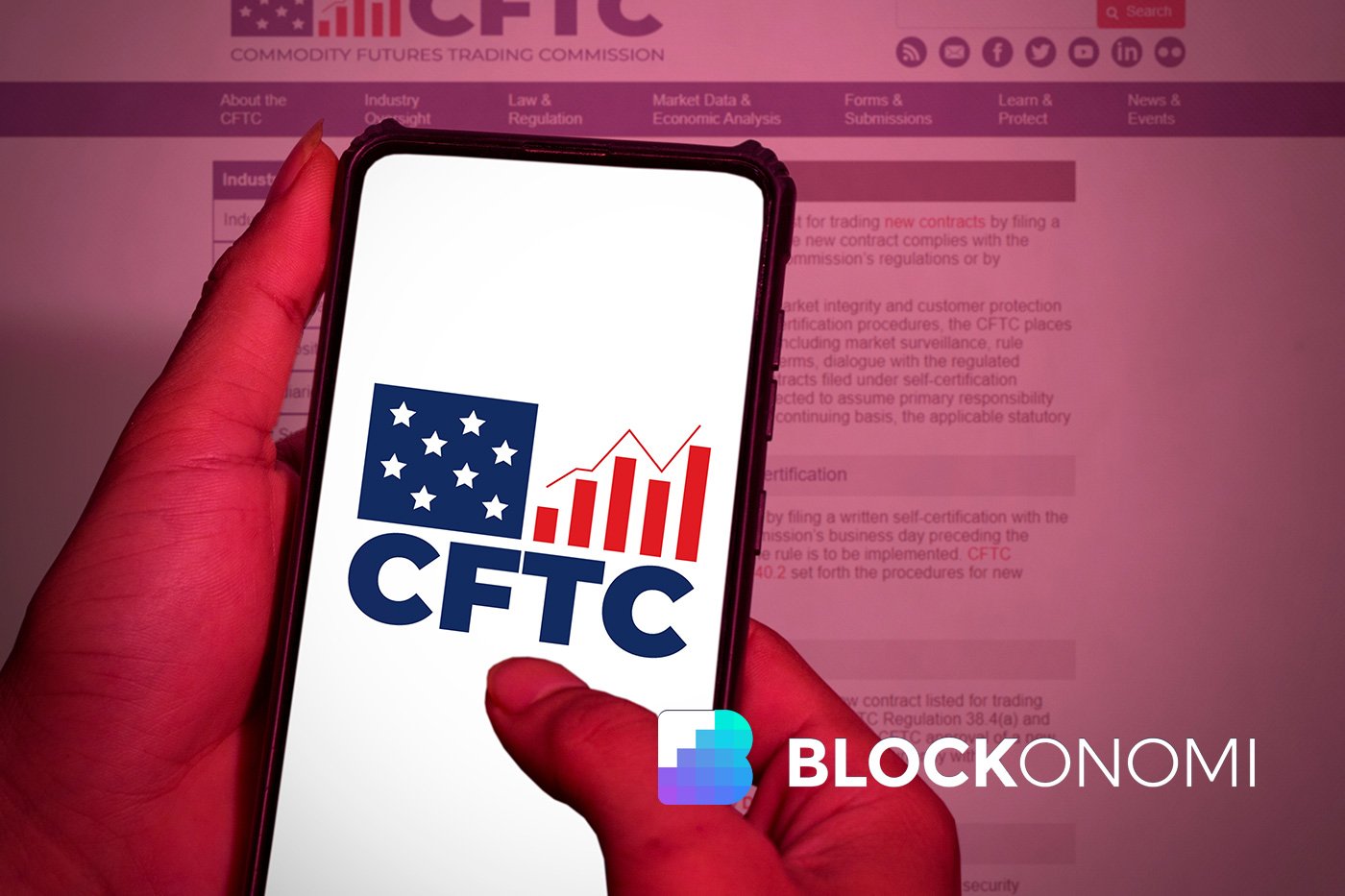
Understanding the New Crypto Market Regulation Proposal
The U.S. Senate Agriculture Committee has unveiled a landmark proposal aimed at redefining the structure of cryptocurrency markets in the United States. This draft bill grants the Commodity Futures Trading Commission (CFTC) the primary authority to oversee digital commodities such as Bitcoin and Ethereum. The initiative positions the CFTC as the chief regulator, ending the long-standing ambiguity between it and the SEC (Securities and Exchange Commission).
Key Highlights of the Bill
This proposed legislation brings several unprecedented changes to the landscape of crypto regulation:
- Digital Commodities Definition: The bill defines “digital commodities” and places their trading under the jurisdiction of the CFTC.
- Market Integrity: The creation of a Digital Commodity Retail Office within the CFTC will help ensure transparency and bolster retail investor protections.
- Self-Custody Protections: It safeguards the rights of individuals to hold and transact cryptocurrency assets without third-party intermediaries.
- Custody Linked to U.S. Treasuries: Crypto custodians must operate under bank-grade supervision and invest idle cash in U.S. Treasuries to enhance stability and liquidity.
What This Means for Retail Investors and Blockchain Developers
For retail investors, the proposed bill establishes safeguards against malpractice, including clearer custody rules and protections for their assets equivalent to traditional financial systems. Meanwhile, blockchain developers and infrastructure providers are shielded from being classified as money transmitters or brokers, offering much-needed legal clarity.
These provisions open the door for innovative projects while ensuring compliance with standardized frameworks—encouraging institutional adoption of digital assets.
Global Impact and Integration
Another noteworthy aspect of this bill is its emphasis on international regulatory cooperation. By fostering globally aligned digital asset standards, the proposal aims to make U.S.-based crypto exchanges more competitive in international markets. This could attract liquidity from across the globe, giving the U.S. a significant foothold in the multi-trillion-dollar crypto industry.
Enhancing Financial Stability
The bill integrates digital asset markets within the U.S. financial system. By mandating custodians to hold customer assets in qualified institutions, it creates a circle of regulatory trust and stability. The requirement to hold idle cash reserves in U.S. Treasuries ties crypto liquidity to the dollar system, indirectly enhancing demand for U.S. sovereign debt while offering additional layers of financial security to investors.
Balancing Regulation and Innovation
The legislation represents a balanced approach, blending regulatory oversight with the inherent need for cryptocurrency innovation. By legitimizing crypto as part of the financial ecosystem while retaining safeguards, retail investors and institutional users gain confidence in the market.
Final Thoughts
Should this bill pass into law, it has the potential to revolutionize the cryptocurrency sector by unifying market rules, enhancing investor protections, and attracting global liquidity. It’s a pivotal step toward positioning the U.S. as a leader in this emerging space.
Recommended Product for Crypto Enthusiasts
For those diving deeper into the crypto world, ensuring secure storage of digital assets is critical. Check out Ledger Nano X, a leading hardware wallet for safeguarding cryptocurrencies. With Bluetooth support and robust encryption features, it’s a must-have for serious investors. Get your Ledger Nano X here.





